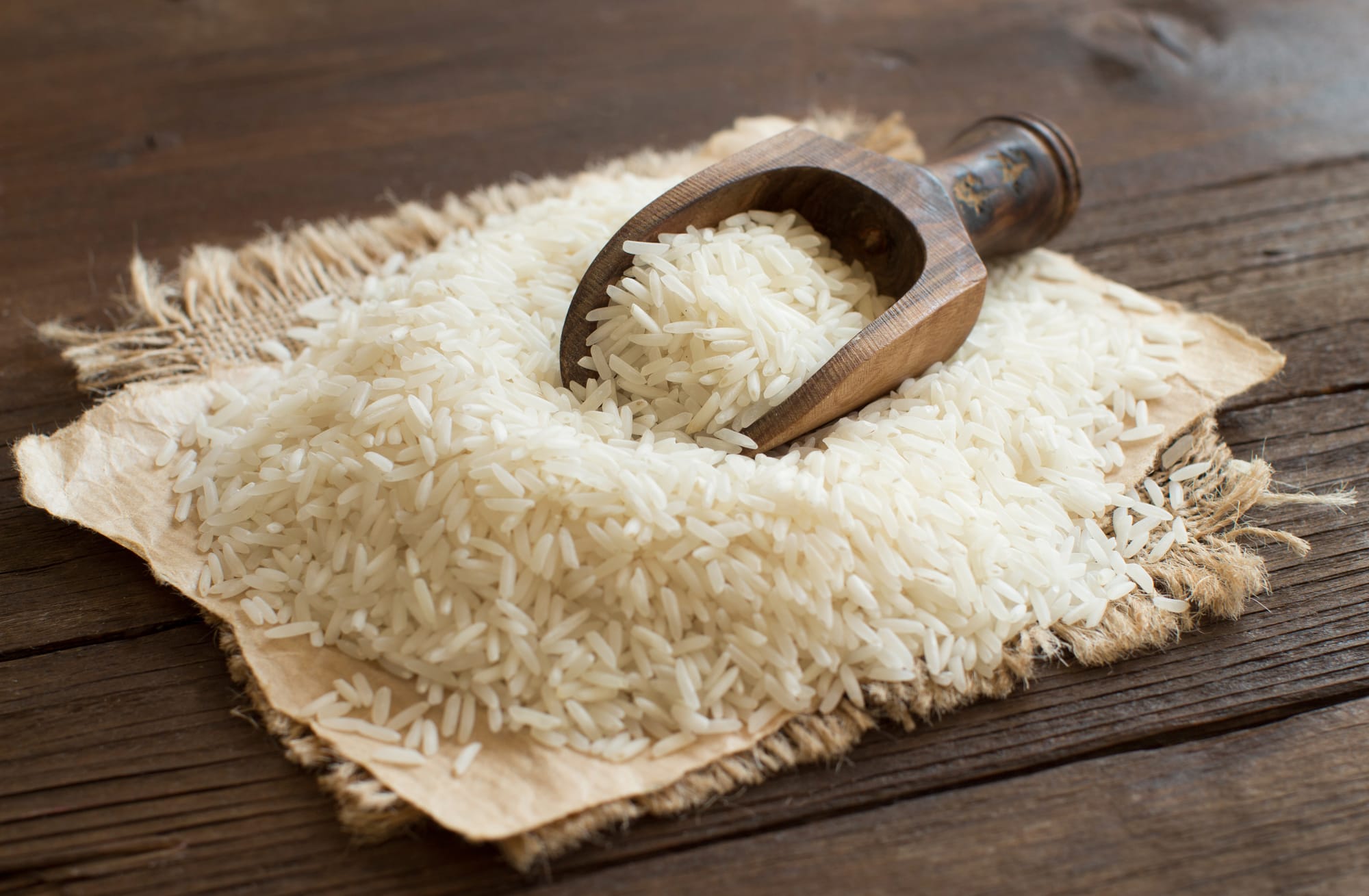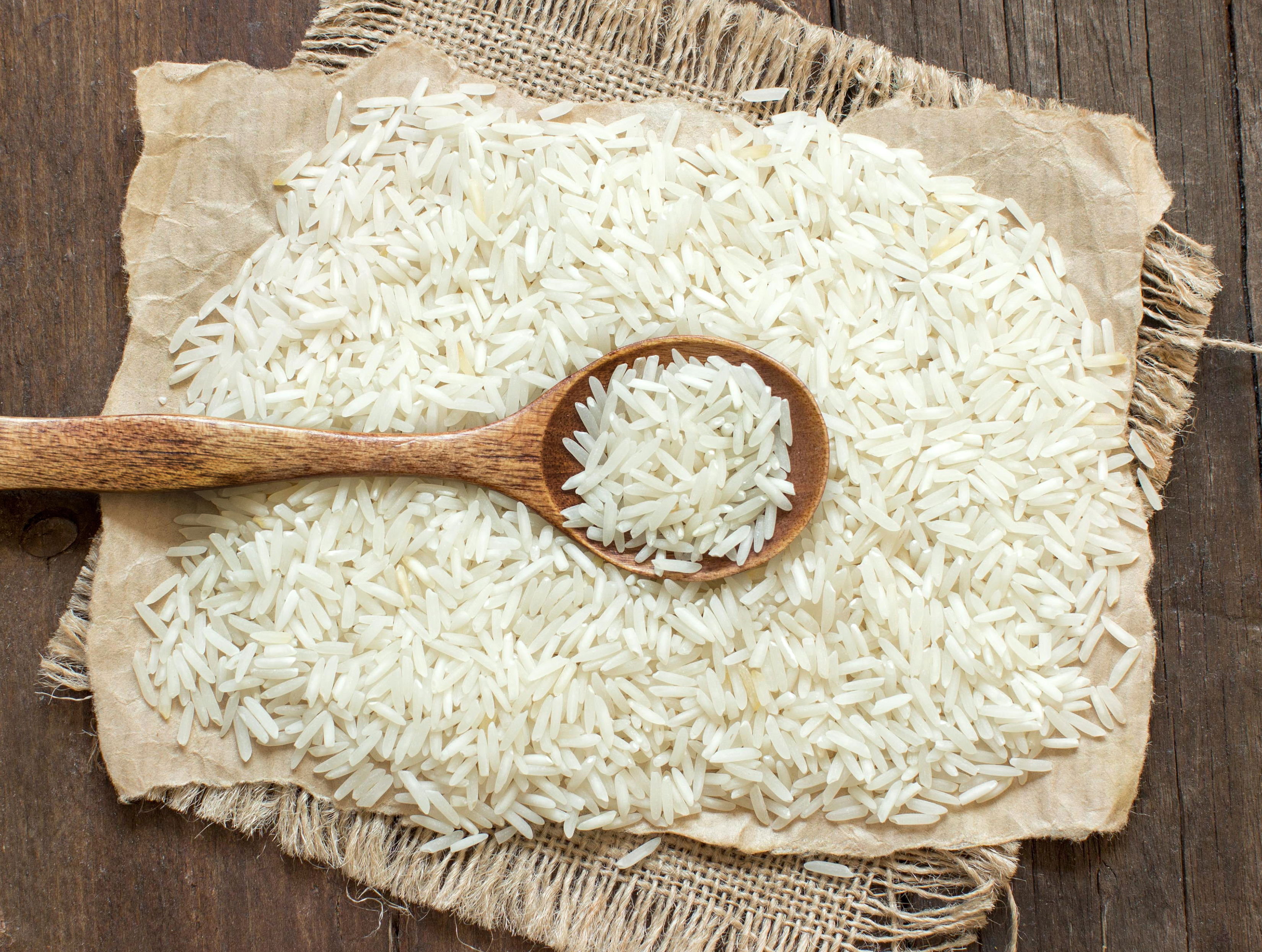
A dispute over the protected status of basmati rice is straining relations between India and Pakistan and threatening India’s efforts to finalize a trade deal with the European Union.
Both countries, the world’s top producers of basmati, seek exclusive rights to use the label, claiming geographic and cultural ties to its origin. India, having waited seven years for EU approval of its geographic indication (GI) application, is pressuring the EU to recognize its claim, while Pakistan’s rival application includes regions in Pakistan‑administered Kashmir—territory claimed by India—making the issue highly sensitive.
The EU is proceeding cautiously to avoid diplomatic backlash from either side. Basmati, central to both nations’ agricultural identities and cultivated mainly in the divided Punjab region, holds significant economic value, selling at a premium over generic rice varieties. A past effort for joint EU recognition between the two countries collapsed following the 2008 Mumbai attacks, souring bilateral cooperation.
If India’s claim prevails, Pakistani exporters could lose their right to use the basmati label, significantly impacting their revenues. Despite tensions, Indian officials remain optimistic about securing an EU free trade agreement that would benefit both markets.
Geographical Indication (GI) Dispute
- India has applied for sole recognition of the basmati label in the EU; Pakistan has submitted its own application, which includes some districts in Pakistan‑administered Kashmir.
- The GI status would allow only producers in the recognized geographic region to use the “basmati” name on exports into the EU. This affects labeling, branding, pricing, and market access.
Trade Negotiations at Risk
- The EU‑India trade deal negotiations are advanced, with the goal of finalizing by end‑2025. However, this basmati GI issue is a major sticking point.
- India is pushing the EU to recognize its basmati application (which it has waited seven years for), but doing so could upset Pakistan, complicating diplomatic relations.
- Economic Stakes
- Basmati rice has a premium over generic rice; having the GI status could strengthen price advantage.
- For Pakistan, losing access to the “basmati” label would mean loss of market share and potential revenue.
- Diplomatic Sensitivities
- The inclusion of regions claimed by India in Pakistan’s application elevates the political sensitivity.
- The EU is reportedly moving cautiously, aware of how this could strain relations with either country.
Outlook & Strategy
- India remains optimistic that the trade deal with the EU can be secured.
- The GI application process is continuing in parallel for both countries in the EU.



